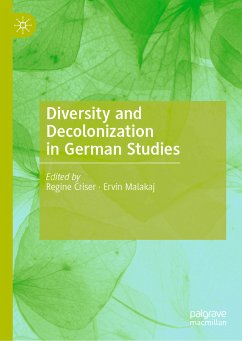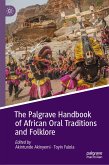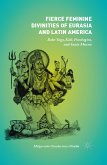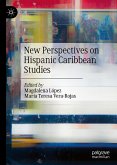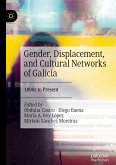This book offers a critical look at postsecondary German Studies curricular models by engaging with scholarship on diversity and decolonization. Next to theoretical considerations about how German Studies faculty can approach diversity and decolonization, individual contributions also provide practical models and guidelines that lead to curricula, which help attend to diversity and decolonization. Connecting German Studies with critical race, whiteness, gender, sexuality, migration, and disability studies, this volume brings together German Studies scholars from a range of institutions and at various levels of their career to map out a path towards decolonization and a more inclusive discipline.
Regine Criser is Assistant Professor of German Studies at the University of North Carolina Asheville, USA, where she also serves as the coordinator of the First Year Seminars and the Director of the UNCA Prison Education Program. She is a co-founder of the Diversity, Decolonization, and the German Curriculum (DDGC) scholarly collective. Her research focuses on cultural representations of the GDR in contemporary Germany, inclusive pedagogy, and conceptualizations of belonging.
Ervin Malakaj is Assistant Professor of German Studies at the University of British Columbia, Canada. He is a co-founder of the Diversity, Decolonization, and the German Curriculum (DDGC) scholarly collective. He specializes in late-18th- to 21st-century German media and cultural history. His research focuses on 19th-century literary cultures, film history, narrative theory, queer theory, and critical pedagogy.
Dieser Download kann aus rechtlichen Gründen nur mit Rechnungsadresse in A, B, BG, CY, CZ, D, DK, EW, E, FIN, F, GR, HR, H, IRL, I, LT, L, LR, M, NL, PL, P, R, S, SLO, SK ausgeliefert werden.
Hinweis: Dieser Artikel kann nur an eine deutsche Lieferadresse ausgeliefert werden.

